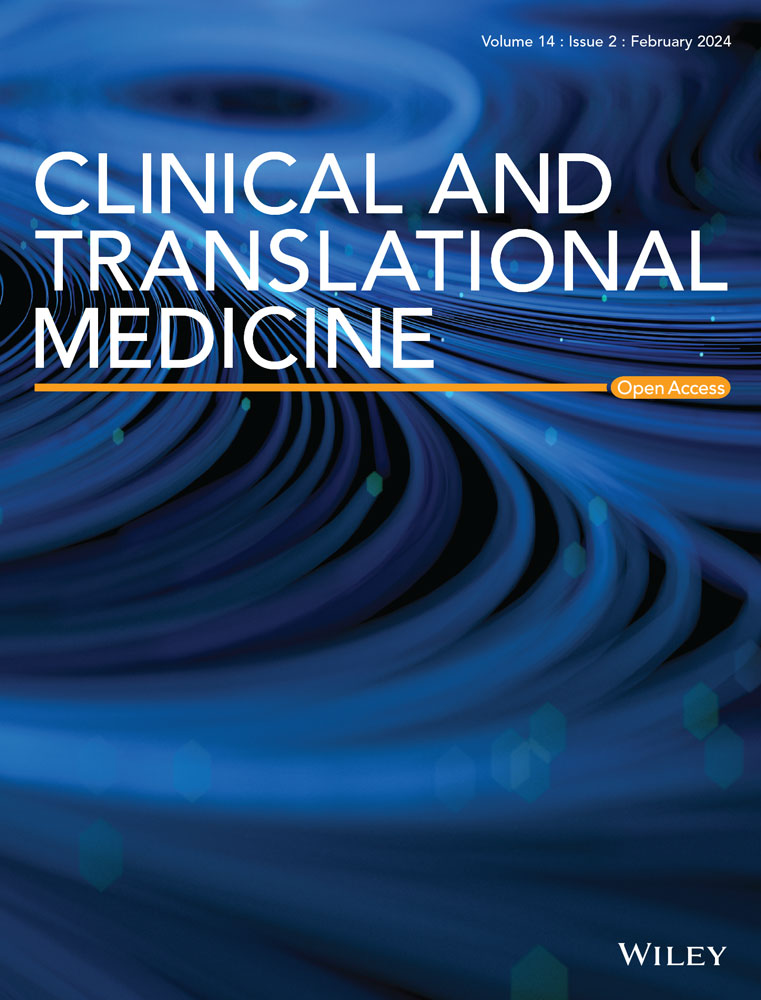Cardiomyocyte USP20 alleviates septic cardiomyopathy by deubiquitinating and inhibiting NLRP3 activity
Abstract
Objectives
Although extensive research on septic cardiomyopathy has been conducted, effective therapies are still limited. Ubiquitin-specific peptidase 20 (USP20), a deubiquitinating enzyme, is critical in regulating protein ubiquitination and various cellular processes. whether USP20 is involved in the pathogenesis of septic cardiomyopathy remains unclear. This study investigated the impact of USP20 on septic cardiomyopathy.
Methods
The cardiomyocyte-specific USP20 knockout mice (USP20CKO) and NLRP3 knockout mice (NLRP3-/-) were used in the present study. A sepsis mouse model was established using lipopolysaccharide (LPS) administration and the cecal ligation and puncture (CLP) procedure. Recombinant adeno-associated virus serotype 9 (AAV9) was used to achieve overexpression of USP20. Myocardial function, histopathological changes, and pyroptosis levels in heart tissues were evaluated. Liquid chromatography tandem mass spectrometry (LC-MS/MS) analysis and co-immunoprecipitation (co-IP) were performed to identify the molecular mechanism of USP20 in septic cardiomyopathy.
Results
Our results showed that USP20 was downregulated in the myocardium of septic mice. Cardiomyocyte-specific USP20 deficiency worsened myocardial injury and cardiac dysfunction induced by LPS and CLP. LC-MS/MS analysis and co-IP revealed NLRP3 as a substrate protein of USP20. Mechanistically, USP20 removed K63-linked ubiquitin from K243 via its active site C154, inhibiting NLRP3's interaction with ASC and suppressing its activation and subsequent pyroptosis. Moreover, overexpressing USP20 in cardiomyocytes reduced LPS-induced myocardial injury. Additionally, the protective effect of USP20 against LPS-induced damage was nullified in the absence of NLRP3 in mice.
Conclusions
These findings suggest that cardiomyocyte-derived USP20 is crucial in septic cardiomyopathy progression and may serve as a novel therapeutic target for managing septic cardiomyopathy.
Key points
- Cardiomyocyte-derived USP20 is crucial in septic cardiomyopathy progression.
- NLRP3 is identified as a substrate protein of USP20.
- USP20 deubiquitinates NLRP3 by removing K63-linked ubiquitin at K243 residue via its active site C154, disrupting the interaction between NLRP3 and ASC, suppressing NLRP3 activation and subsequent pyroptosis.
- USP20 may serve as a novel therapeutic target for managing septic cardiomyopathy


 求助内容:
求助内容: 应助结果提醒方式:
应助结果提醒方式:


